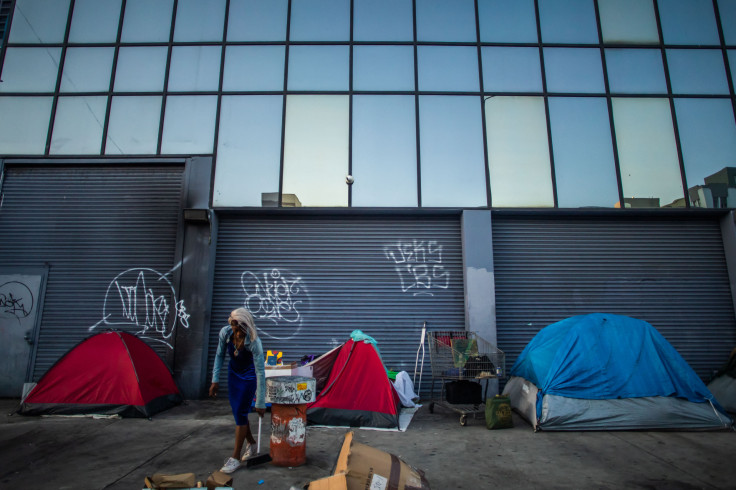
Back in July, California governor Gavin Newsom issued an executive order to remove homeless encampments across the state. The order followed a decision by the U.S. Supreme Court allowing cities to enforce bans on sleeping in public spaces, but was met with swift opposition by institutions like the Los Angeles County Board of Supervisors, which stated that homelessness should not be criminalized.
Despite the state's significant investment—over $20 billion in housing and homelessness programs since the 2018-19 fiscal year— there are still over 170,000 homeless people living in the state, something that has led 12 California cities or counties to enact bans, citing the Supreme Court's decision as the basis for the new ordinances. Another nine are considering or have given preliminary approval to such measures, as reported by Reuters.
Palm Springs, a city with an all-Democratic city council, is among those implementing such measures. In July, the council passed a law banning sleeping on public property, expanding police authority to arrest the homeless, a move that shows that even liberal cities are toughening their stance on the ongoing homelessness crisis.
Palm Springs' new ordinance, which will take effect once 85 temporary housing units are completed later this year, stops short of fully exercising the authority granted by the Supreme Court's ruling. The law will prevent police from enforcing the ban when emergency shelter space is unavailable, in compliance with a previous federal court ruling.
Nevertheless, Palm Springs Police Chief Andrew Mills is quoted by Reuters as saying the police will give homeless people three options: take help by entering a shelter; accept the city's offer of a free bus, train or plane ticket home where family can take them in; or go to jail.
"We have to be able to say enough is enough as a community and as a country," Mills said, adding that "we needed some kind of leverage to say you're not going to do this in our city."
Some, like Travis Rogers, a 60-year-old homeless man who became unhoused after the death of his son, feel that the city's approach is more about pushing to make homelessness invisible rather than providing real solutions:
"They want us out of sight. That's the end point. I just wish the city council or this new chief of police would actually talk to us instead of just passing all these ordinances."
In last year's Annual Homelessness Assessment Report to Congress, the U.S. Department of Housing and Urban Development found that homelessness across the nation surged to about 653,000 in 2023, the highest number on record in almost twenty years. The state of California accounted for nearly 30% of all homelessness in America (181,399).
© 2024 Latin Times. All rights reserved. Do not reproduce without permission.








